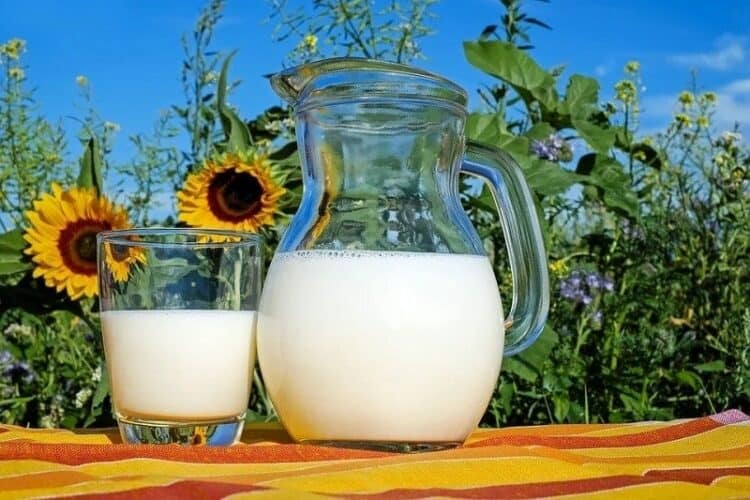Many think milk and cats go hand in hand, mostly because of cartoons and comic strips. Illustrations show cats lapping up a saucer full of milk or cream, and it looks like the cat is in heaven. While the cat may look like it’s in Heaven, is that really the case afterward? Can cats really drink milk, and are they lactose intolerant?
It’s true that most cats love milk, but the reality is that most cats are, in fact, lactose intolerant, and giving this treat is not encouraged due to unwanted digestive issues.
Can Cats Digest Milk?
Most cats are lactose intolerant because they lack the necessary enzyme, known as lactase, to break it down properly. Lactase breaks down lactose, which is sugar in milk and other dairy products. Lactase breaks down lactose into two smaller simple sugars: glucose and galactose. If this doesn’t occur, the symptoms can be quite unpleasant, such as vomiting, diarrhea, constipation, and bloat.
Water is the best option if you want your cat to drink more liquids, but cat owners know cats don’t seem to drink enough of it. Feeding wet canned food can help keep your kitty stay hydrated, as wet food contains more moisture than dry kibble. Providing your cat with an automatic water fountain is another excellent way to entice your kitty to drink.
Can Cats Drink Lactose-Free Milk?
The short answer here is, yes, they can. However, that doesn’t mean you should give your kitty lactose-free milk often. The reason is that lactose-free milk does not provide the necessary nutrients your cat needs. Instead, providing your kitty with high-quality cat food is best to ensure your cat gets the best nutrition possible.
Almond milk has become a popular choice for those who are lactose intolerant because it is lactose-free. However, it will not contain the nutrients your cat needs, but if your cat loves milk, providing almond milk on occasion should be just fine. Just remember to give only in moderation. If digestive symptoms follow, such as vomiting or diarrhea, stop giving almond milk immediately and consult with your veterinarian.

Is It Safe for a Kitten to Drink Milk?
Kittens can drink milk, but only from their mother’s milk or a safe milk supplement. When kittens are born, they are born with lactase, the enzyme necessary for breaking down lactose. As the kittens grow, they lose this necessary enzyme, making them less tolerant of digesting milk. If the lactose is not broken down, lactose stays in the digestive system where it ferments, and that’s where the digestive problems begin. It’s vital not to wean kittens too early for this very reason, which is usually safe around 4 weeks of age.
Final Thoughts
While it may seem like a good idea, it’s best not to provide milk to your cat. It’s not necessary and could cause unwanted digestive issues. Wet cat food is a good alternative for hydration, as well as an automatic water fountain. If your cat can tolerate milk, remember to give only in moderation.
Featured Image Credit: Pixabay














